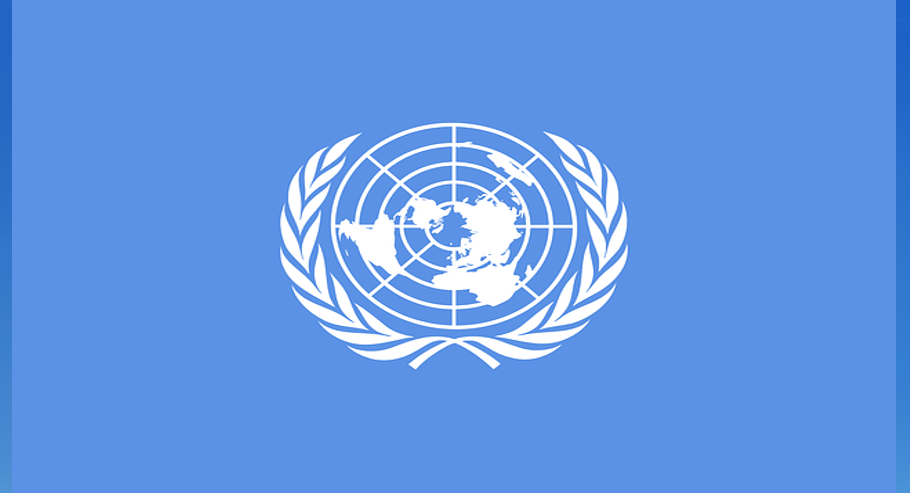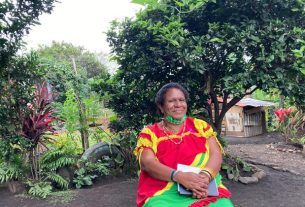The United Nations has voiced serious concern over recent judicial developments in the Maldives, following the suspension of three Supreme Court justices—a move widely seen as undermining the independence of the judiciary.
On April 18, UN Special Rapporteur on the independence of judges and lawyers, Margaret Satterthwaite, publicly criticized disciplinary actions taken against Justices Azmiralda Zahir, Husnu Al Suood, and Mahaz Ali Zahir, describing them as “unfair” and “lacking objectivity and impartiality.” The suspensions came amid efforts by the Supreme Court to review a controversial constitutional amendment passed in November 2024.
“These disciplinary measures appear to be aimed at obstructing judicial scrutiny of the amendment,” Satterthwaite warned in a statement, noting the potential erosion of judicial independence.
The amendment in question added a clause to Article 73 of the Maldivian Constitution, stipulating that a sitting MP would lose their seat if they defect from their political party, join a party after being elected as an independent, or are expelled from their party while in office. Critics say the change restricts political freedoms and strengthens party control over lawmakers.
Tensions escalated further when, on February 25, 2025, the Maldives Parliament passed an amendment to the Judicature Act, reducing the number of Supreme Court justices from seven to five. The law tasked the Judicial Service Commission (JSC) with recommending two judges for removal based on claims of incompetence—widely believed to target justices opposing the recent amendments.
The next day, the Anti-Corruption Commission launched investigations into the three suspended judges based on anonymous complaints, prompting the JSC to suspend them and initiate disciplinary action.
International watchdogs echoed the UN’s concerns. In a public statement, Transparency International condemned the swift and opaque manner in which both the constitutional and legislative changes were passed. The organization warned that the suspensions appeared politically motivated and were likely intended to influence the Court’s review of the amendments.
“This is a worrying signal for internal democracy and judicial independence in the Maldives,” Transparency International stated, urging the government to reconsider the reforms.
The Maldives government has not yet publicly commented on the accusations. However, according to Satterthwaite, dialogue with Maldivian authorities is ongoing.
The situation is being closely monitored by international legal and human rights organizations amid growing fears that judicial independence in the Maldives—an essential pillar of democratic governance—is under serious threat.
Sources:
- Statement by Margaret Satterthwaite, UN Office of the High Commissioner for Human Rights (OHCHR)
- Transparency International, Public Statement, March 2025
- Salma Ben Mariem, Faculty of Law and Political Science of Sousse, via Jurist.com



